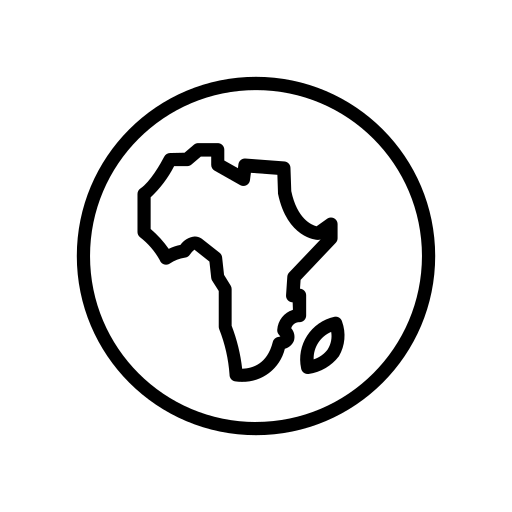- cross-posted to:
- china@sopuli.xyz
- cross-posted to:
- china@sopuli.xyz
cross-posted from: https://feddit.org/post/1888508
Since Chinese engineers routed a $4.7 billion railway through the Kenyan village of Emurutoto, residents no longer worry about being cut off by flooding. Or being hit by a train. However, work has long since stopped on a Belt and Road project to connect Kenya and Uganda, with China gaining leverage of indebted Kenya’s economy.
[…]
By 2017, the first half of the Kenya-Uganda line was operational, though losing money. In April 2019, work in the Great Rift Valley stopped. As alarms were raised about the mounting costs of the line, and secrecy around borrowing terms between Beijing’s banks and other African countries struggling to repay debts, China balked at financing the final 200-mile stretch linking Nairobi to the border with Uganda.
The single most expensive infrastructure project in Africa had become a case study in China swamping poorer nations with colossal debt. “The managers told us there was no more money to finish, and they went,” Shonke said.
[…]
If one policy is synonymous with President Xi’s China, it is the Belt and Road Initiative […] Descriptions are awash with the Chinese Communist Party’s favourite slogans — “win-win co-operation” and “China meets the world” — but its underlying ideology is Xi’s.
[…]
The “win-win” was obvious. Countries short of cash would receive an infusion of investment, while China would have faster access to natural resources and bigger potential markets for its manufacturing industries.
The side-effects would also, Xi hoped, be useful for China. It would show off Beijing as an alternative “hegemon” to the United States and its western allies — and one that did not ask questions about human rights. It would also confirm the potential of China’s state-led economic model, a more attractive proposition to many governments than the West’s present insistence on privatisation.
[…]
However, just as the Chinese economy has had a poor few years — particularly since Covid-19 exposed flaws in Beijing’s “command, control and no questions asked” system of government — so Belt and Road has also had problems. Kenya’s financial crisis, in part owing to debts incurred on Belt and Road projects, is one example.
Other countries were also taken aback by the unsentimental approach of their Chinese partners. Loans were handed down with tough terms, often disguised from voters by secretive contracts.
[…]
With Chinese banks wondering how many projects would offer a return on their money, and governments growing wary of the leverage China now had over them, the scheme began to wind down, or at least focus on smaller projects.
As with much of Xi’s legacy, many Chinese people are proud of Belt and Road’s results, but it is not only the Chinese Communist Party’s western critics who have noticed cracks starting to appear.


